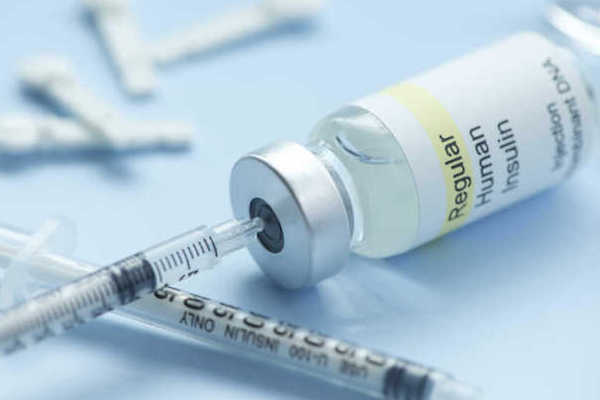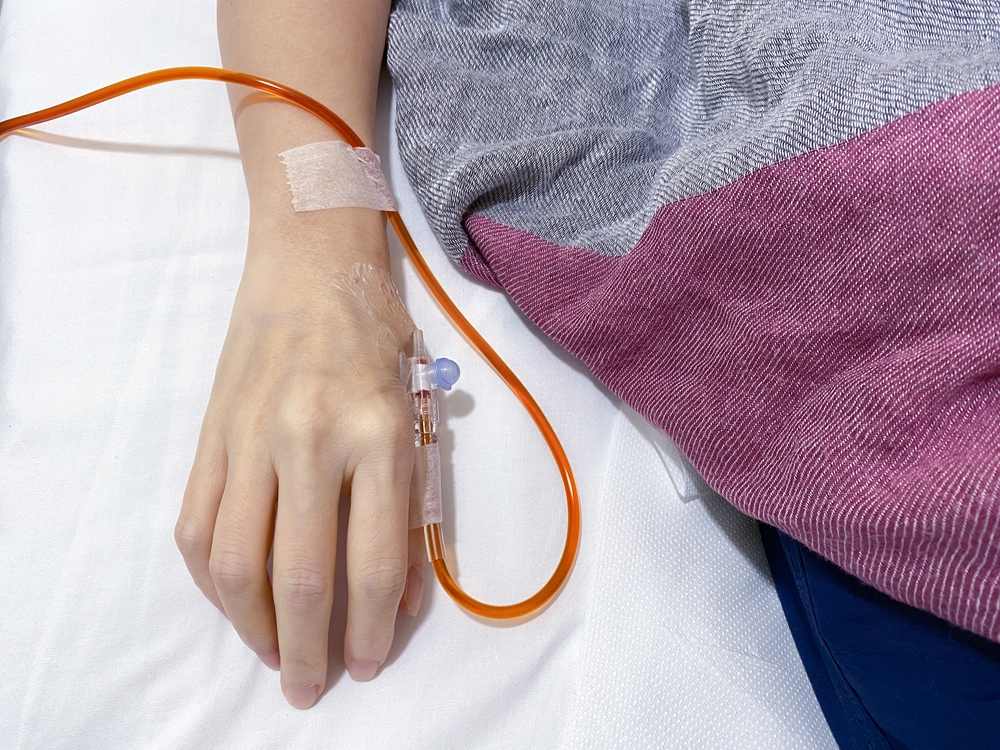
A multicenter study from Saudi Arabia suggests that the rates of hospitalization for venous thromboembolism (VTE) in patients with COVID-19 may not be higher than expected.
“Several observational studies have reported the rate of venous and arterial thrombotic events in patients infected with COVID-19, with conflicting results,” the authors wrote. “The aim of this study was to estimate the rate of thrombotic and bleeding events in hospitalized patients diagnosed with COVID-19.”
The study included 636 consecutive patients with confirmed COVID-19 admitted between March and May 2020 from four different centers. Patients were categorized as ICU patients or ward patients. The researchers collected the data via manual chart review and electronic medial records. Data included baseline characteristics, comorbidities, ICU admission, length of stay, discharge or death, bleeding, thrombotic events, anticoagulants used, mechanical prophylaxis, and coagulation parameters. The outcome of interest was the rate of VTE.
According to the results, 12 patients were diagnosed with VTE (1.8%), with a rate of 0.19% in the non-ICU group (95% CI, 0.04 to 0.84) and 10.3% (95% CI, 6.4 to 16.2) in the ICU group. Fourteen patients were diagnosed with arterial events for an overall rate of 2.2% (95% CI, 1.4 to 3.3). The overall composite event rate was 2.9% (95% CI, 2.0 to 4.3). Eleven patients developed bleeding, for an overall rate of 1.7% (95% CI, 1.0 to 2.8). Elevated D-dimer levels were the only risk factor that predicted VTE, and it was shown to be a significant risk factor for developing VTE (P=0.005) and composite events (P=0.0007). The overall mortality rate was 7.7% (49 patients died).
“We found that the VTE rates in hospitalized patients with COVID-19 may not be higher than expected,” the authors wrote in their conclusion. “In contrast to the risk of VTE, we found a high rate of arterial and bleeding complications in patients admitted to the ICU.”
They added a cautionary note about the use of excessive anticoagulation therapy.
“Given the high rate of bleeding, the current study suggests that the intensification of anticoagulation therapy in COVID-19 patients beyond the standard of care be pursued with caution and is best evaluated in a randomized controlled study.”
The study was printed in Thrombosis Journal.
Credit: Original article published here.









